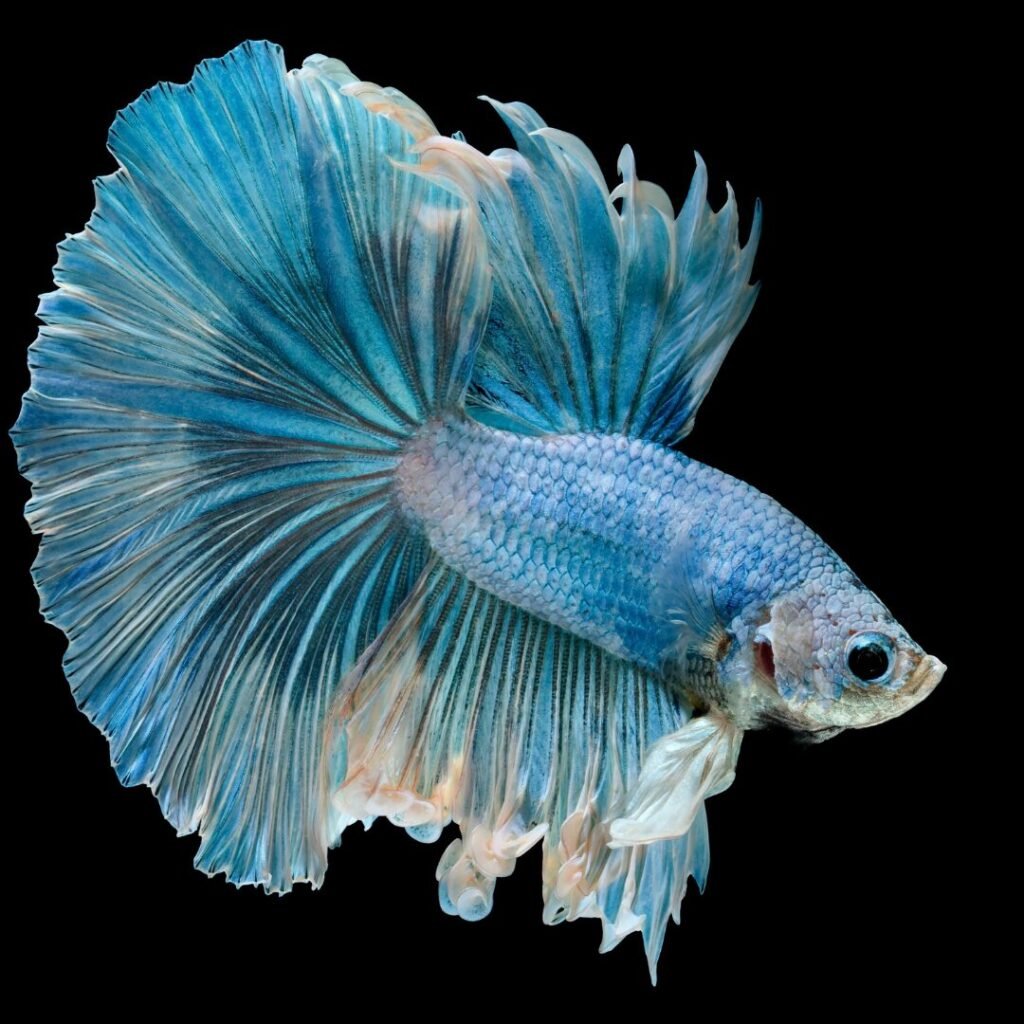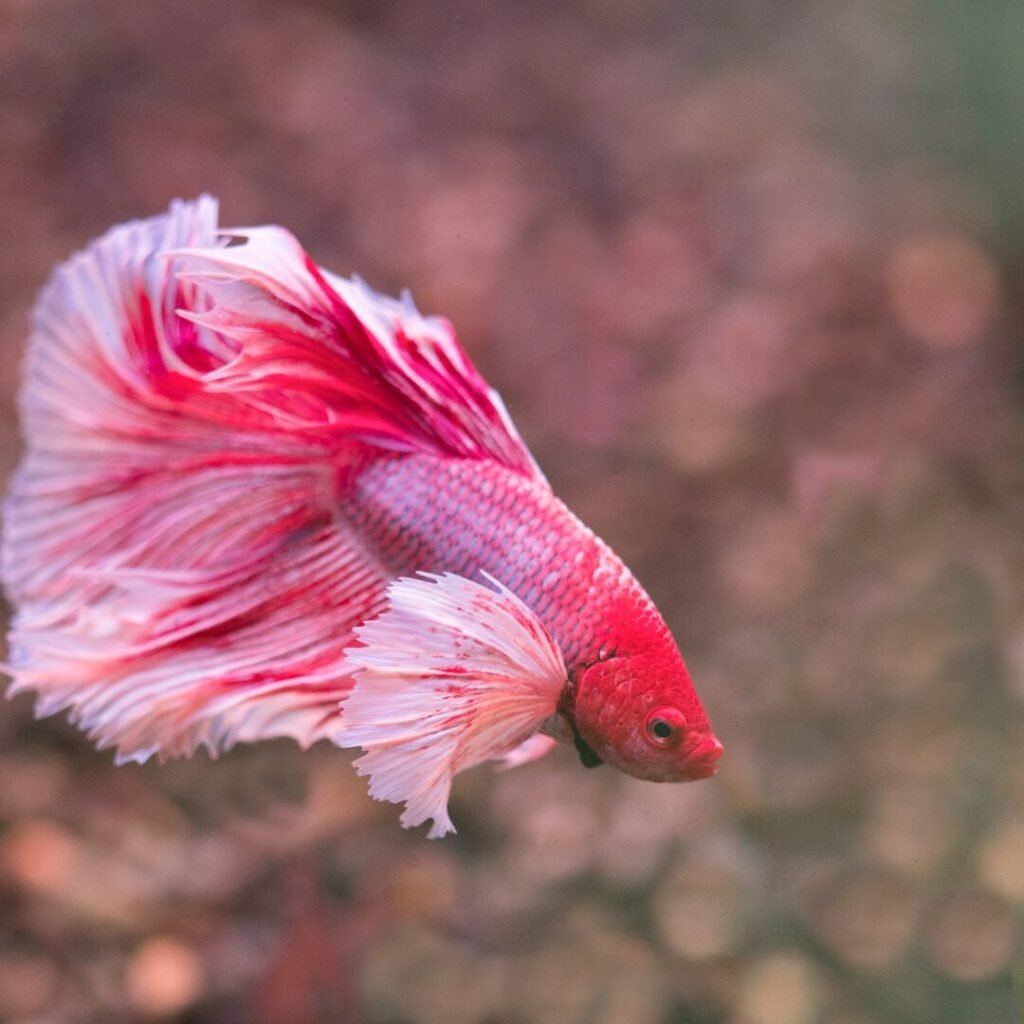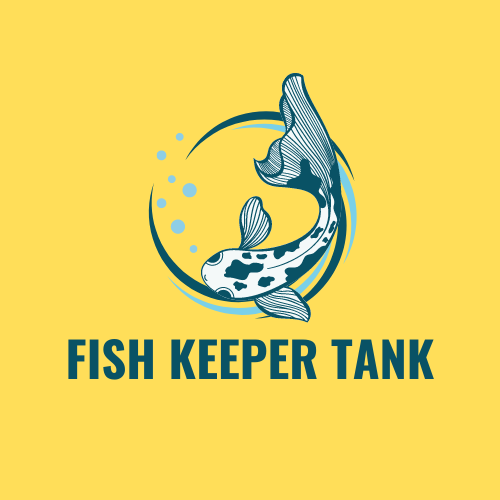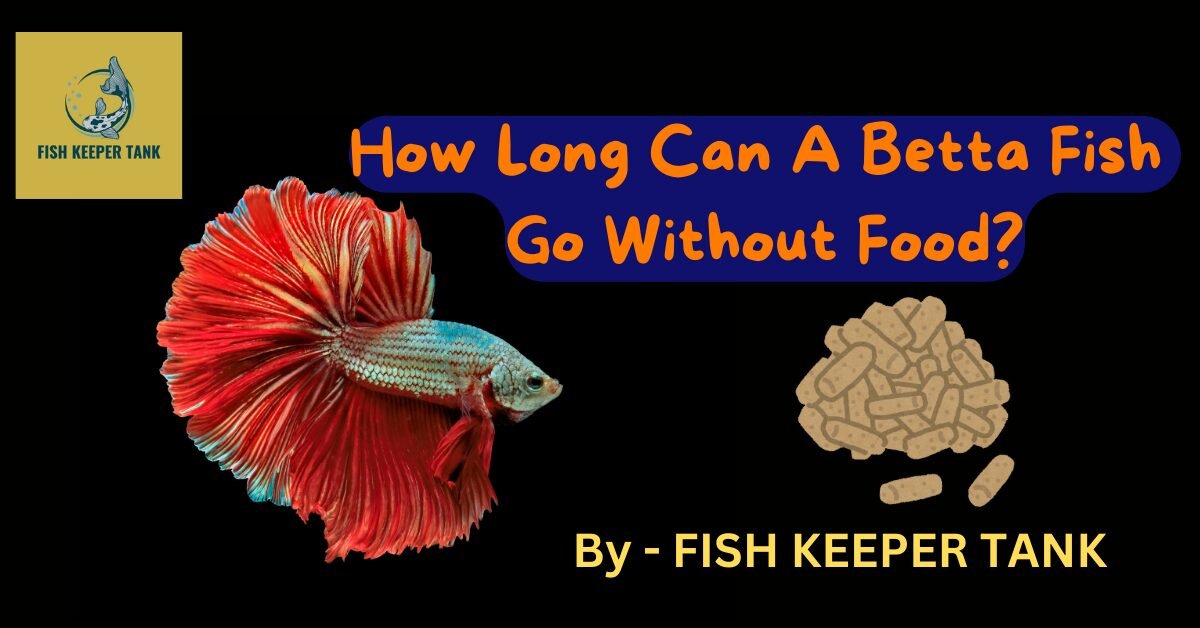Introduction
Are you wondering, “How Long Can Betta Fish Go Without Food?” Whether you are planning for a vacation or a business trip or simply curious to know what will happen when you leave your betta fish for an extended period without food, understanding the nutritional needs and survival capabilities of a betta fish is crucial.
If you are wondering how long a betta fish can go without food, the simplest answer is That Betta fish have been known to survive for a maximum of 14 days or two weeks without food.
Although it sounds impressive that Betta Fish may survive for a longer duration without food, it is not advisable. Prolonged starvation of betta fish may lead to serious consequences.
With their vibrant colors and engaging personalities, betta fish require specific care to thrive. In this article, let us guide you through everything you need to know about betta fish’s nutritional needs. These factors affect betta fish survival without food, feeding habits, and tips for ensuring their good health even when you’re not around.

Understanding Betta Fish’s Nutritional Needs
Understanding betta fish’s nutritional needs is crucial when it comes to caring for them. These needs will determine how long they can live without food.
Betta fish, also known as Siamese fighting fish, are carnivorous and require a protein-rich diet to survive. Their diet must consist of quality pellets, flakes, worms, brine shrimp, and daphnia. A balanced diet is essential to keeping Betta healthy.
The Betta Fish Natural Feeding Process
The feeding process of betta is divided into two parts based on their living environment.
Wild Betta Fish Feeding Habits
In the wild, Betta fish are opportunistic feeders. They have a unique feeding process where they hunt for food and survive on a diet of small insects, larvae, shrimp, daphnia, etc.
The high protein content of these prey items is crucial for betta fish health and helps them prolong their survival without food.
Captivity Betta Fish Feeding Habits
Betta fish kept in captivity or a domestic environment have a completely different food approach compared to those living in the wild. Such betta fish survive under human care and feeding habits.
Such betta fish get fed high-quality pellets and flakes rich in protein and nutrition. They rely on their owners for regular meals, which makes their survival humanly dependent.
Factors Affecting Betta Fish’s Survival Without Food
How Long Does a Betta Fish Survive Without Food depends on various factors that affect its survival rate.
Age and Health
Age is one crucial factor for betta fish to survive without food. Baby Betta fish or Fry have higher nutritional needs compared to Adult Betta fish. They also have weaker immune systems; therefore, they need special care and attention for their survival.
While an adult betta fish may survive for around 14 days without food, a baby betta fish or fry may only survive 2-3 days without food.
With age, the health condition also determines the survival rate of the betta fish without food. Healthy, strong betta fish survive longer than older, weaker ones.
Water Temperature
Betta fish are cold-blooded fish that tend to live in tropical environments; therefore, maintaining a water temperature of 75-80°F (24-26°C) is ideal for their survival. Extreme changes in betta fish water temperature may affect their survival as they will affect their metabolism.
Water Quality
Water quality is important in how long a betta fish can live without food. Betta fish prefer calm water with a pH between 6.8 and 7.5. Good water quality will keep the betta fish healthy and happy.
Avoid adding distilled water, as it lacks nutrients and minerals essential for betta fish growth. Poor water quality will indeed negatively affect betta health, thus reducing their survival rate during prolonged starvation.
Sometimes Betta fish tank becomes cloudy and hazy called as New Tank Syndrome. Know More>>>>
Stress Levels
All living beings desire a stress-free environment, and stress is a silent killer. This also includes betta fish. Poor water conditions, aggressive and unhealthy tankmates, inadequate materials used in the tank, etc., will automatically decline the fish’s health.
Stress in betta fish will significantly weaken their immune system, making it harder for Betta fish to live without food for a long time. Therefore, always ensure a stress-free environment for your betta fish.
Feeding Routine
Betta fish get adequate feeding time. They get habituated to a specific quantity of food that they consume daily. To increase Betta fish’s longer survival without food, you must gradually reduce their food quantity and slightly change their feeding time.
This will help the betta fish adapt to such a feeding process and gradually adjust their immune system to survive longer without food. Make sure that you take things slowly and steadily so that it does not damage the health condition of the betta fish.
Food Quality
Betta fish must eat nutritional food rich in higher-quality protein and minerals. Good quality nutritional food will help the betta fish to grow healthier and stronger. It will also help the betta fish to survive for a long duration without food.
Signs of Hunger and Starvation in Betta Fish
Although we know that betta fish may survive for around 14 days (2 weeks) without food, if they surpass their limit of hunger, it may be bad for their health.
Betta fish will show some Physical and Behavioral signs that may determine their hunger and starvation for food, which we must consider.
Physical Signs
Hungry betta fish will show physical signs of low energy, shrunk belly, and clamped fins. You may notice that your fish’s body has become skinny, and its scales have become more pronounced.
If you observe such physical signs, then it shows that your betta fish is starving for food, and you must immediately take action to feed him.
Behavioral Signs
Betta fish are slow movers and stay calm if there is no competition around them. Hungry bettas become more active and may constantly search the tank for food. They might also display aggressive behavior, flaring their fins more frequently.
You may notice your Betta fish lying at the bottom of the tank, with its fins clamped close to its body. This indicates that your fish is not getting enough food and is starving.
Tips for Feeding Betta Fish While You’re On A Vacation/Traveling
So, are you planning a vacation, business trip, or Travel somewhere and wondering how you will feed your betta fish during that time? Feeding your Betta while you’re away can be challenging, but with some preparation, it’s possible to ensure your betta fish’s well-being.
Ask For Help
Asking for help from a Friend, Family member, Colleague, or Neighbour is the ideal way to feed your betta fish while you are away.
Humbly ask them whether they can take care of your betta fish in your absence. If they agree, then Bingo!!! You don’t need to worry anymore about your betta fish. They can also contact you for any reference while caring for your betta fish.
Fish Boarding Services
There are facilities known as Fish Boarding Services that specialize in taking care of your fish while you are unavailable. They charge a certain amount of money for fish caretaking depending on the period of time.
This can be a good option for longer trips or if you can’t find someone to check on your Betta at home. However, it’s important to research the boarding service beforehand and the facility’s availability and ensure they have experience with Betta fish and their specific needs.
Advance Preparation
If you are planning a short trip, ensure your betta is well-fed with highly nutritious food and not overfed before you leave. After that, you can leave your betta fish as it is.
Betta fish tend to survive for around 14 days (2 weeks) without food, so you may be fine with leaving your betta fish for a couple of days without food. But be sure you practice this method beforehand for your trip and observe your betta fish activities.
Block feeders
Block feeders are large pre-formed blocks of Betta fish food designed to slowly dissolve in water, releasing food over an extended period. They are ideal for feeding fish when the owner is away for several days. These feeders come in various shapes, sizes, and formulations that suit different types of fish and tank environments.
While feeding fish when you are away is convenient, these block feeders tend to dirty the water, leading to poor quality.
Automatic Feeders
Automatic feeders are devices designed to dispense pre-portioned fish food at scheduled intervals. These feeders can be programmed to release food multiple times daily, making them ideal for maintaining a consistent feeding schedule for your betta fish while you’re away.
Investing in an automatic fish feeder can be a game-changer. But it is important that you test the automatic feeder before leaving for your vacation or trip. In addition, it is advised to keep a check on whether the automatic feeder is working correctly and whether your betta fish is eating from the automatic feeder.

Conclusion
So now you know that a healthy betta fish will survive an average of 14 days (2 weeks) without food. But you must also understand your betta fish’s feeding needs and survival capabilities, which are essential for their health and life span.
While adult bettas can survive for up to 14 days without food, it’s crucial to ensure that they are well cared for while you are away from home, prepare your betta fish tank in advance and utilize tools like automatic feeders or block feeders, keep their tank water clean do not hesitate to ask help form you near and dear. you can ensure your betta remains healthy and happy in your absence. By paying attention to such simple habits, you can ensure that your betta fish will lead a healthy and happy life in your fish tank. Remember, a well-fed fish is a happy fish!
Frequently Asked Questions
Q: Can Betta fish eat everyday household foods?
A: Betta fish should not be fed everyday household foods as they may not provide the essential nutrients required for their diet.
Q: How often should I feed my Betta fish?
A: Betta fish should be fed 2-3 times daily in small portions to prevent overfeeding and water quality issues.
Q: Can Betta fish survive without food indefinitely?
A: While Betta fish can survive for a period without food, prolonged starvation can have detrimental effects on their health and well-being.
Q: How often should I feed my betta fish?
A: Betta fish should be fed once or twice a day, with an amount they can consume in about two minutes. Overfeeding can lead to health issues, so avoiding giving them too much food is important.
Q: Can overfeeding harm my betta fish?
A: Yes, overfeeding can cause bloating, constipation, and water quality issues, which can lead to serious health problems for your betta fish.
Q: What should I do if my betta fish refuses to eat?
A: If your betta refuses to eat, check the water quality and temperature first. Stress, illness, and poor water conditions can affect their appetite. If the problem persists, consult a veterinarian.
Q: Are there specific foods that betta fish prefer?
A: Betta fish prefer high-protein foods such as betta pellets, live or frozen bloodworms, brine shrimp, and daphnia. Offering a variety of these foods can keep your betta happy and healthy.
Q: How do I know if my betta fish is eating enough?
A: A well-fed betta will have a slightly rounded belly without being bloated. It should be active and display vibrant colors. Monitoring its behavior and appearance regularly will help ensure it is eating enough.
You May Also Check Out

